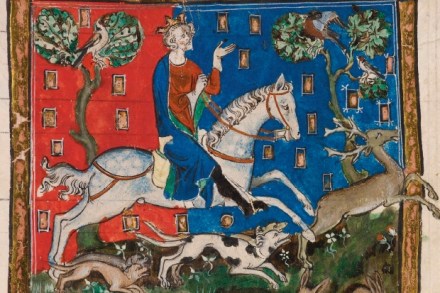Muses, nurses and punch-bags
More from BooksThe conceit of this book — the author’s third on Robert Lowell — is strong, although its execution is less successful. Lowell made his love life central to his aesthetic project, especially in For Lizzie and Harriet and The Dolphin, and so it makes sense to read his work through his major emotional attachments. Not






























